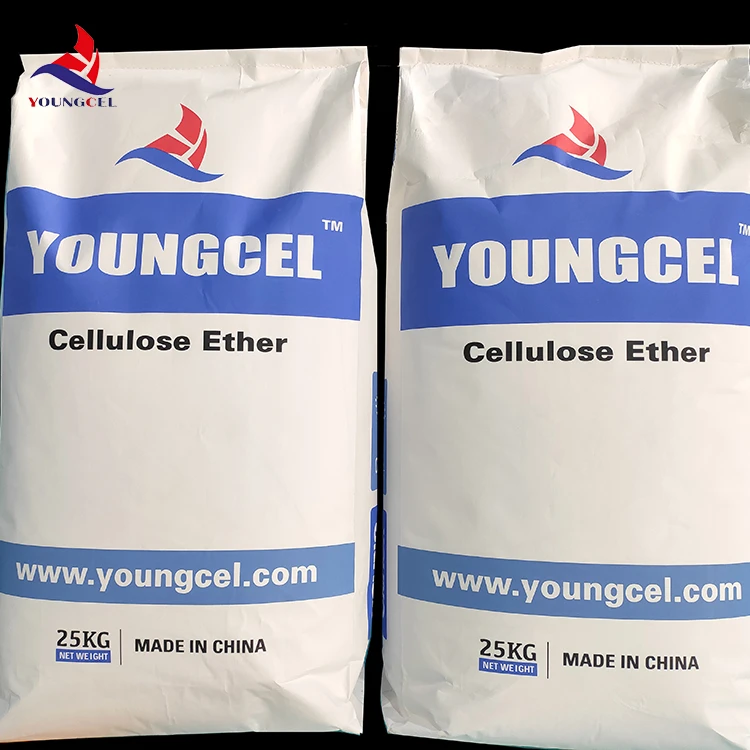Understanding Methyl Cellulose Powder Properties, Applications, and Benefits
Methyl cellulose powder is a cellulose derivative widely used in various industries due to its unique properties and versatility. As a non-ionic water-soluble polymer, methyl cellulose is synthesized from cellulose, a natural polymer derived from plant cell walls. This article explores the characteristics, applications, and benefits of methyl cellulose powder in several fields, including food, pharmaceuticals, and construction.
Properties of Methyl Cellulose Powder
Methyl cellulose powder has several noteworthy properties that make it an attractive choice for various applications. One of its most significant features is its ability to form gels and films when heated and subsequently cooled. This gelling property is particularly valuable in culinary applications, allowing for the creation of products with desired textures. Additionally, methyl cellulose is known for its excellent emulsifying capabilities, making it an effective ingredient in stabilizing mixtures of oil and water.
Another remarkable characteristic of methyl cellulose is its solubility in water. It can dissolve easily in hot water, forming a viscous solution, while remaining insoluble in cold water. This temperature-responsive behavior is important in the formulation of food products, cosmetics, and pharmaceuticals, where controlled viscosity is often desirable. Furthermore, methyl cellulose is non-toxic and gluten-free, making it an appealing option for a wide range of consumers.
Applications in the Food Industry
In the food industry, methyl cellulose powder is primarily used as a thickening agent, emulsifier, and stabilizer. It is commonly found in salad dressings, sauces, and soups, where it improves mouthfeel and texture. One of its most notable applications is in vegetarian and vegan food products, where it serves as a meat substitute due to its unique gelling properties. Methyl cellulose is often used in the formation of plant-based burgers and sausages, providing a meat-like texture and enhancing the overall sensory experience.
In addition to its thickening and gelling abilities, methyl cellulose is important in the development of low-fat products. By replacing fat content, it allows for reduced calorie options without compromising taste or texture. Additionally, its film-forming characteristics help in packaging, extending the shelf life of various food products by acting as a barrier to moisture and oxygen.
methyl cellulos powder

Role in Pharmaceuticals
Methyl cellulose powder plays a crucial role in the pharmaceutical industry as a binder, thickener, and emulsifier in drug formulations. It is widely used in oral pharmaceutical preparations, including tablets, capsules, and liquid formulations. As a binder, it ensures that the components of tablets stay together, enhancing the disintegration and dissolution properties of the final product.
Moreover, methyl cellulose is beneficial in the formulation of controlled-release drugs. Its unique solubility characteristics allow for the gradual release of active pharmaceutical ingredients, improving therapeutic efficacy and patient compliance. Additionally, this polymer is utilized in eye drops and other ophthalmic preparations due to its ability to provide moisture and lubricate the eyes.
Construction Applications
In the construction industry, methyl cellulose powder is used as an additive in various building materials, such as cement, mortar, and tile adhesives. Its water-retaining capabilities help improve workability and increase adhesion, leading to enhanced performance of construction materials. Moreover, its ability to improve the texture and consistency of cement-based products makes it a preferred choice among construction professionals.
Conclusion
Methyl cellulose powder is a highly versatile ingredient with a myriad of applications across different industries. Its unique properties, such as solubility, emulsification, and gelling capabilities, make it an essential component in food products, pharmaceuticals, and construction materials. As consumer demand for gluten-free and plant-based options continues to rise, the importance of methyl cellulose powder is set to increase, solidifying its position as a valuable additive in various formulations. Whether enhancing food texture or improving the performance of building materials, methyl cellulose powder is a remarkable substance that illustrates the interconnectedness of nature and technology.
-
The Application and Significance of Construction RdpNewsMay.19,2025
-
Industrial Grade HpmcNewsMay.19,2025
-
Building Coating Adhesive Building Coating Adhesive HpmcNewsMay.19,2025
-
Application Of Hpmc For Detergent For Detergent In DetergentsNewsMay.19,2025
-
Application Of Hpmc Cellulose In Cement-Based MaterialsNewsMay.19,2025
-
Application Of High Quality Hpmc For Construction In The Field Of ConstructionNewsMay.19,2025




